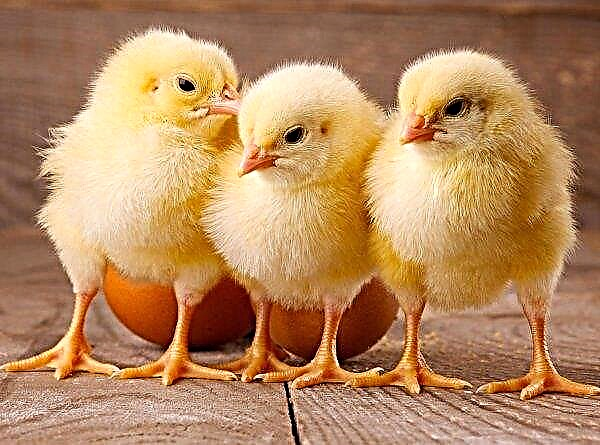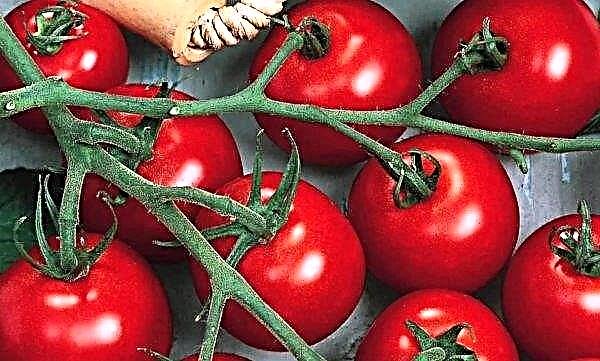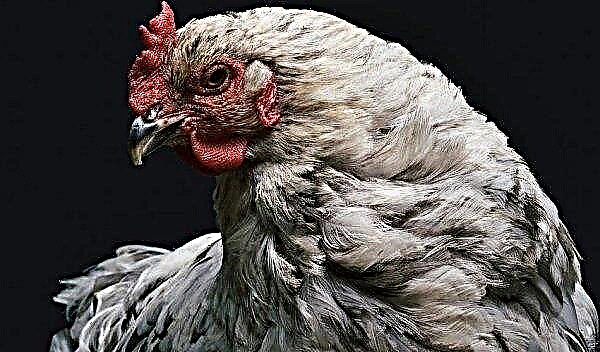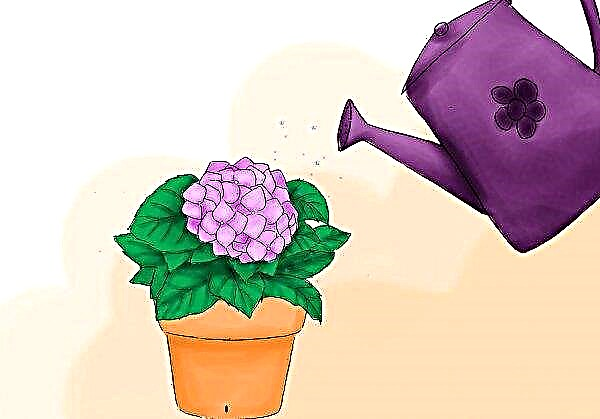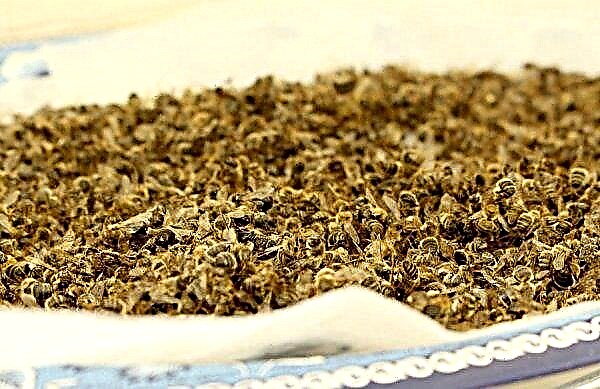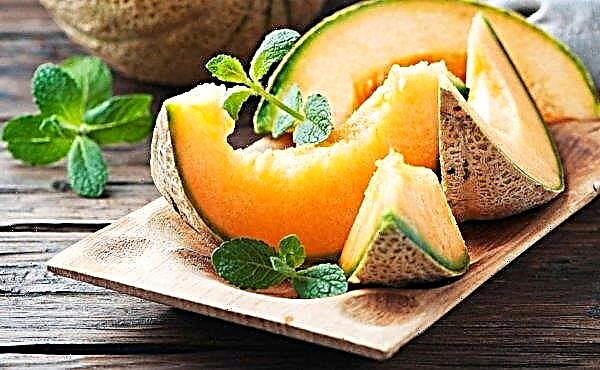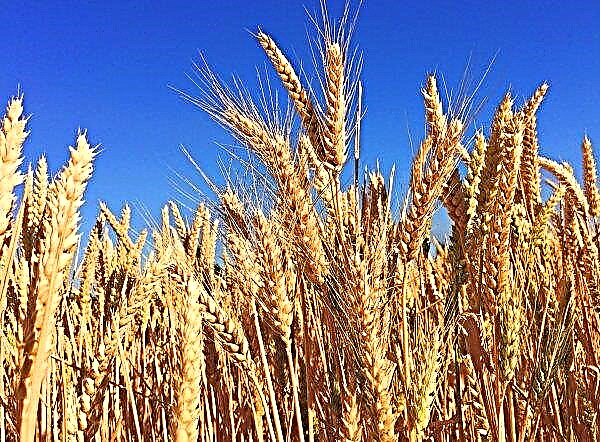Today, the European Commission has passed two laws to support the food sector.
These measures will increase cash flows to farmers and reduce the administrative burden for national, regional authorities and farmers in this particularly difficult time.
More than 1.3 billion people are involved in livestock industries worldwide.
In order to increase the cash flow of farmers, the commission accepted larger down payments for farmers. This will increase down payments on direct payments (from 50% to 70%) and payments for rural development (from 75% to 85%). Farmers will begin to receive these advances from mid-October. As additional flexibility, Member States will be able to pay farmers until all on-site inspections are completed, the European Commission reports.

The second measure taken today is to reduce the number of physical checks in place. EU countries should carry out checks to ensure compliance with eligibility conditions. However, in current exceptional circumstances, it is important to minimize physical contact between farmers and inspection inspectors. The total number of inspections to be performed has been reduced for the vast majority of the budget of the general agricultural policy from 5% to 3%. The derogation also provides flexibility in the timing of inspections so that Member States can use their resources most efficiently in accordance with retention rules.
Member States will be able to use alternative sources of information instead of traditional visits to the farm.
- The EC did not approve the proposed reduced rate for crops as part of a bio-farm measure.
- Germany announces the rapid expansion of the wolf in the European Union. The number of these predators is already estimated at 14 thousand, and without a natural enemy, the wolf lives in an increasing number of areas where its presence interferes with human business. For ecologists, this is a reason for joy, for herders - a reason to abandon agriculture.
- According to the European Commission, in 2030 organic production will remain in Europe in the minority. Indeed, by that time only 18 million hectares, or 10% of European households, would be converted to organic.



